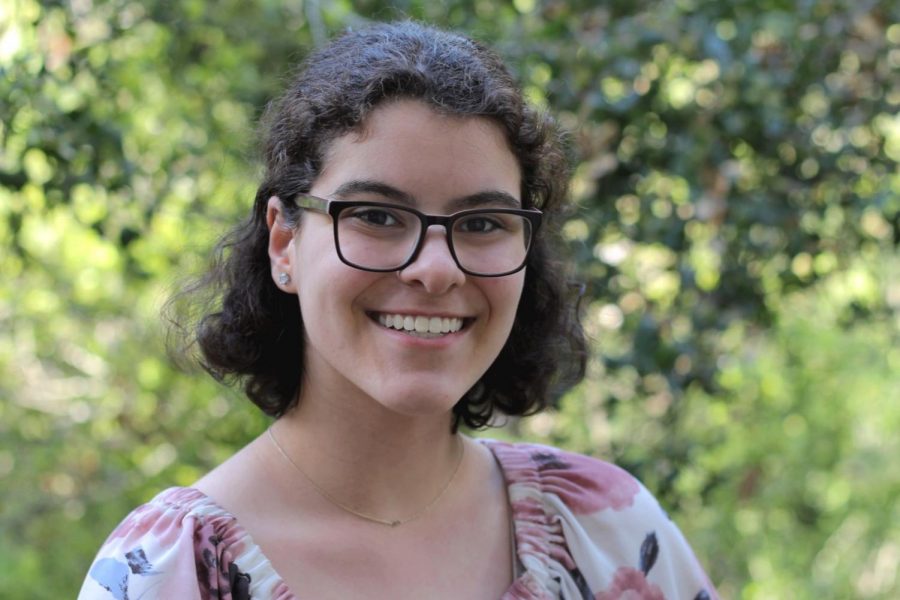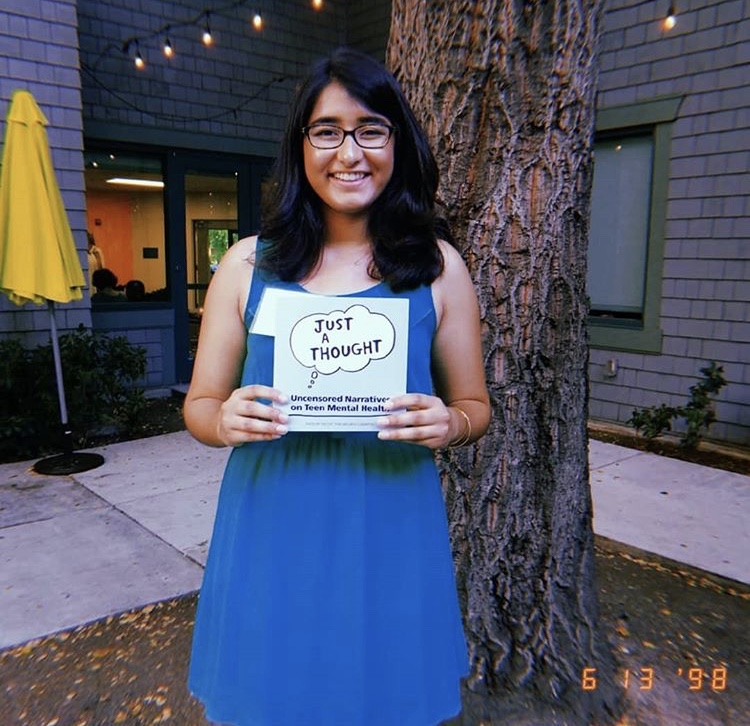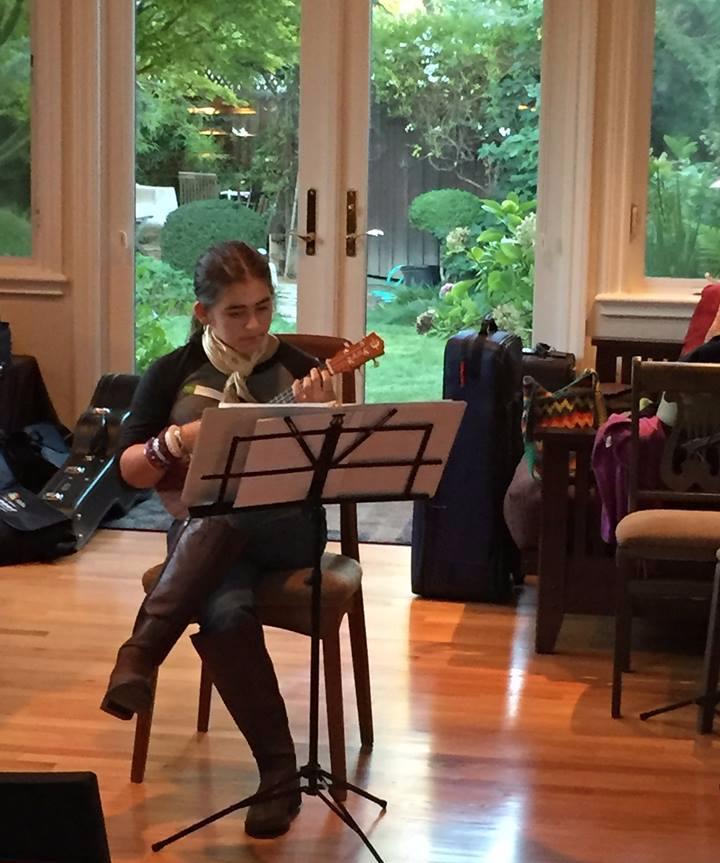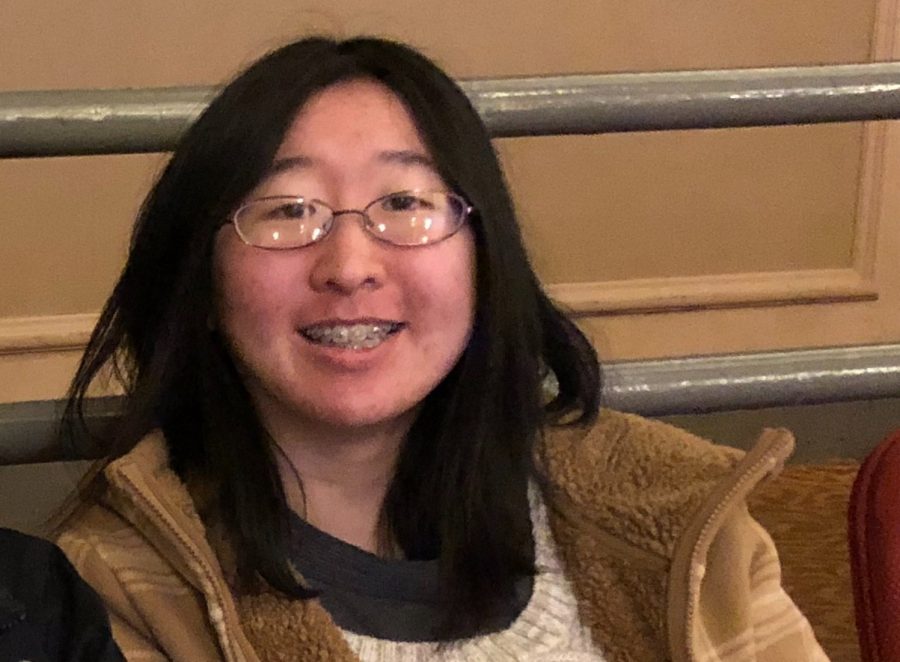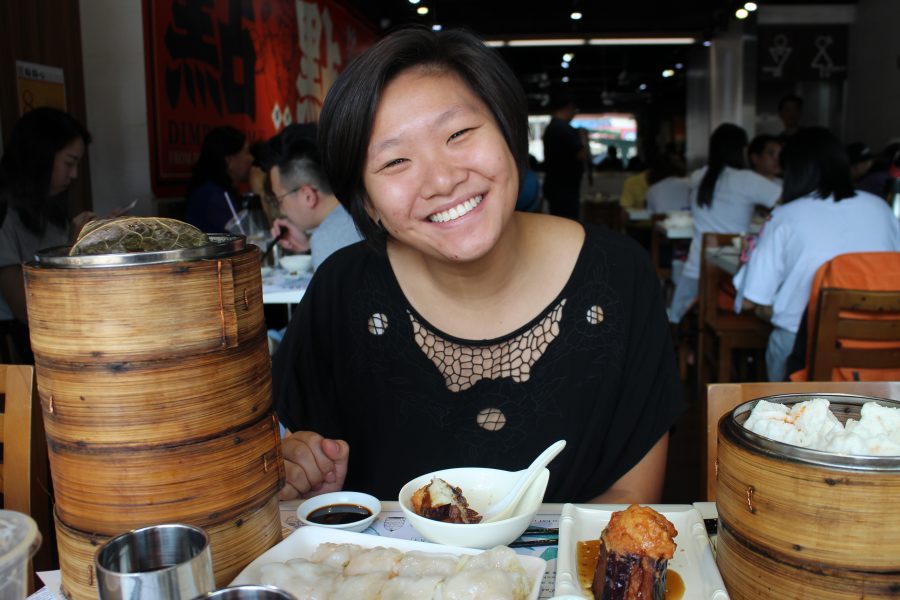Compiled by Julia Cheunkarndee
The Oracle: What are the Sources of Strength, and how are they beneficial to students today?
Scott LoMurray: The eight sources of strength include family support, positive friends, mentors, healthy activities, generosity, spirituality, medical access, and mental health. These are all considered protective factors that help us when we go through difficult times in life. When we spoke with people who had gone through hard things, be that depression, addiction, abuse, the loss of a loved one, etc., and we asked them how they got through it, these were the things they were describing. The sources of strength are the factors that create resilience and health in our lives.
TR: What do Sources of Strength hope to achieve?
SL: At Sources of Strength, our goal is not just to keep people alive, but to help people live full and healthy lives. Our goal is to empower and support local leaders in local communities to harness their power as agents of change. To empower young people to create communities where asking for help is seen as a sign of strength and courage, getting help for a friend is a sign of being a great friend, where developing and leaning on your sources of strength is a natural part of life. Our goal is to empower a world of wellness, a world of wholeness, a world of resilience and strength.
TR: What is your position within the program, and what do you do?
SL: I am the Deputy Director of Sources of Strength. So I help run and organize the day to day operations of the company. I manage staff, I handle administrative responsibilities, I support communities implementing the program, I speak at events and conferences, and I still travel and train schools and communities in our model. Like all of our team, I wear a lot of hats.
TR: What is the most inspiring thing about your work?
SL: I think the most inspiring thing about this work is watching young people find their voice. Seeing students realize the power their words and actions have to make the world a better place, and to watch them take that responsibility seriously and step into that role…it is an incredible thing to be a part of.
TR: What has been your favorite moment while working with Sources of Strength?
SL: Oh man, there have been so many incredible moments. It is truly an incredible place to work, with wonderful, funny, brilliant, inspiring colleagues and partners and tremendously important and purposeful work. I am fortunate to be one of those people who truly loves their job. I can’t isolate a single favorite moment, but there have been many, whether in a training with students, speaking at a conference with a group of mental health professionals, laughing with my colleagues, watching the sunset as I fly around the country doing this job…many moments when I am profoundly aware that I am right where I need to be, doing work I love and believe in.
TR: Does the program have plans to expand? If so, where to?
SL: Yes, Sources of Strength has continued to expand every year. We started as a grassroots program in North Dakota and have now had programs in 30 states and 5 countries. This year we will be adding several new states and expanding across many of the states we are already in. We are also in conversations about partnerships and pilots in the UK, Hong Kong, and New Zealand. Lastly, we are looking to bolster what we offer at the higher education and university level, and to possibly begin developing and piloting an elementary model.
TR: How would you advise students to make use of Sources of Strength, and why?
SL: I would encourage students to talk with a peer leader, to take a look at the wheel of strengths, to engage in a campaign and apply these principles to their life. To ask themselves what they feel they have grown stronger in, what strength helps them when they are getting stressed out, angry or depressed. To think about who their trusted adults are and to thank that person and tell them why. To consider the things in their life they are grateful for and scan their world for the good and the hopeful. If they do these things, I am confident they will be living stronger, healthier, fuller, more joyful and more resilient lives.
TR: Along with Sources of Strength, what other resources or programs can students take advantage of? Why do you recommend them?
SL: There are so many great resources available to students, many of them local organizations doing great work. I know in Palo Alto, CASSY is a great resource for students to get counseling and mental health support.





